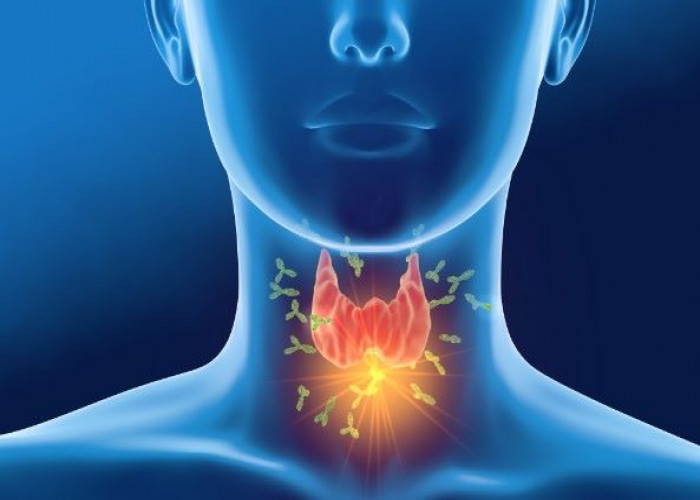 Welcome
Welcome
“May all be happy, may all be healed, may all be at peace and may no one ever suffer."
Hashimoto's disease
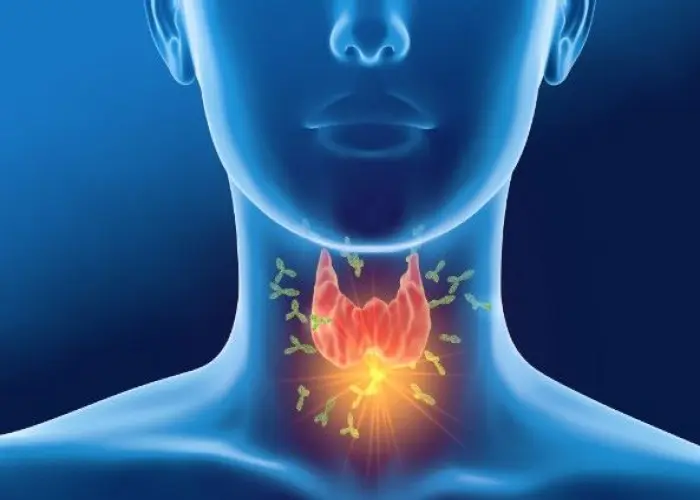
Hashimoto's disease, also known as chronic lymphocytic thyroiditis, is an autoimmune disorder that affects the thyroid gland. The immune system mistakenly attacks the thyroid gland, leading to inflammation and damage that can impair thyroid function over time.
The symptoms of Hashimoto's disease can be variable and may develop slowly over time. Some of the common symptoms include fatigue, weight gain, sensitivity to colds, dry skin, hair loss, and constipation. As the disease progresses, some individuals may develop a goiter, which is an enlargement of the thyroid gland.
Diagnosis of Hashimoto's disease typically involves blood tests to measure levels of thyroid hormones and antibodies that are characteristic of the disease. A thyroid ultrasound may also be done to evaluate the size and structure of the thyroid gland.
Treatment for Hashimoto's disease may involve thyroid hormone replacement therapy, which can help restore normal thyroid hormone levels and alleviate symptoms. In some cases, medication may be needed to reduce inflammation and autoimmune activity. A healthy diet, regular exercise, and stress management can also be helpful in managing the disease.
It is important to note that Hashimoto's disease is a lifelong condition, and ongoing monitoring and management may be necessary to ensure optimal thyroid function and prevent complications. Individuals with Hashimoto's disease may also be at increased risk for other autoimmune disorders, so regular checkups and monitoring are important to maintain overall health.
Research Papers
Disease Signs and Symptoms
- Fatigue (Tiredness)
- Hair loss
- Brittle nails
- Swollen thyroid (goiter)
- Memory loss
- Strong depression
- Heavy menstrual period or bleeding
- Joint pain
- Muscle pain
- Muscle weakness
- Constipation
- Dry skin
- Excessive sleepiness
- Swollen tongue
Disease Causes
Hashimoto's disease
Hashimoto's disease is an autoimmune disorder. The immune system creates antibodies that attack thyroid cells as if they were bacteria, viruses or some other foreign body. The immune system wrongly enlists disease-fighting agents that damage cells and lead to cell death.
What causes the immune system to attack thyroid cells is not clear. The onset of disease may be related to:
- Genetic factors
- Environmental triggers, such as infection, stress or radiation exposure
- Interactions between environmental and genetic factors
Disease Prevents
Disease Treatments
Most people with Hashimoto's disease take medication to treat hypothyroidism. If you have mild hypothyroidism, you may have no treatment but get regular TSH tests to monitor thyroid hormone levels.
T-4 hormone replacement therapy
Hypothyroidism associated with Hashimoto's disease is treated with a synthetic hormone called levothyroxine (Levoxyl, Synthroid, others). The synthetic hormone works like the T-4 hormone naturally produced by the thyroid.
The treatment goal is to restore and maintain adequate T-4 hormone levels and improve symptoms of hypothyroidism. You will need this treatment for the rest of your life.
Monitoring the dosage
Your heath care provider will determine a dosage of levothyroxine that's appropriate for your age, weight, current thyroid production, other medical conditions and other factors. Your provider will retest your TSH levels about 6 to 10 weeks later and adjust the dosage as necessary.
Once the best dosage is determined, you will continue to take the medication once a day. You'll need follow-up tests once a year to monitor TSH levels or any time after your provider changes your dosage.
A levothyroxine pill is usually taken in the morning before you eat. Talk to your doctor if you have any questions about when or how to take the pill. Also, ask what to do if you accidentally skip a dose. If your health insurance requires you to switch to a generic drug or a different brand, talk to your doctor.
Precautions
Because levothyroxine acts like natural T-4 in the body, there are generally no side effects as long as the treatment is resulting in "natural" levels of T-4 for your body.
Too much thyroid hormone can worsen bone loss that causes weak, brittle bones (osteoporosis) or cause irregular heartbeats (arrhythmias).
Effects of other substances
Certain medications, supplements and foods may affect your ability to absorb levothyroxine. It may be necessary to take levothyroxine at least four hours before these substances. Talk to your doctor about any of the following:
- Soy products
- High-fiber foods
- Iron supplements, including multivitamins that contain iron
- Cholestyramine (Prevalite), a medication used to lower blood cholesterol levels
- Aluminum hydroxide, which is found in some antacids
- Sucralfate, an ulcer medication
- Calcium supplements
T-3 hormone replacement therapy
Naturally produced T-4 is converted into another thyroid hormone called triiodothyronine (T-3). The T-4 replacement hormone is also converted into T-3, and for most people the T-4 replacement therapy results in an adequate supply of T-3 for the body.
For people who need better symptom control, a doctor also may prescribe a synthetic T-3 hormone (Cytomel) or a synthetic T-4 and T-3 combination. Side effects of T-3 hormone replacement include rapid heartbeat, insomnia and anxiety. These treatments may be tested with a trial period of 3 to 6 months.
Alternative medicine
Products with T-3 and T-4 hormones derived from pigs or other animals are available as prescriptions or as dietary supplements, such as Armour Thyroid, in the United States. Concerns about these products include the following:
- The balance of T-4 and T-3 in animals isn't the same as in humans.
- The exact amount of T-4 and T-3 in each batch of a natural extract product can vary, leading to unpredictable levels of these hormones in your blood.
Disease Diagnoses
Disease Allopathic Generics
Disease Ayurvedic Generics
Disease Homeopathic Generics
Disease yoga
Hashimoto's disease and Learn More about Diseases

Hurthle cell cancer
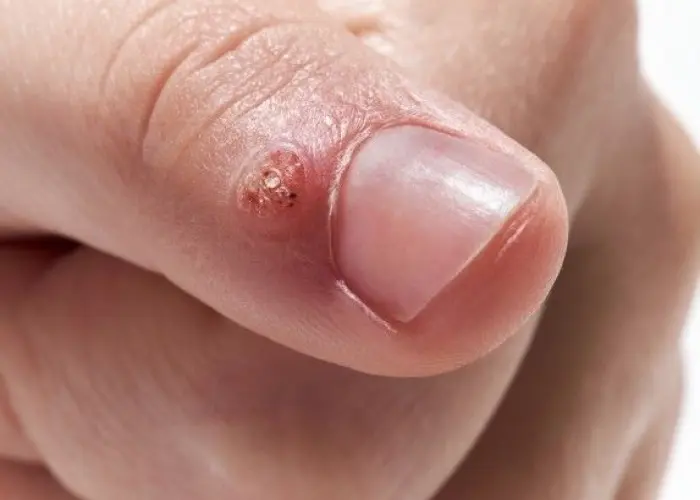
HPV infection
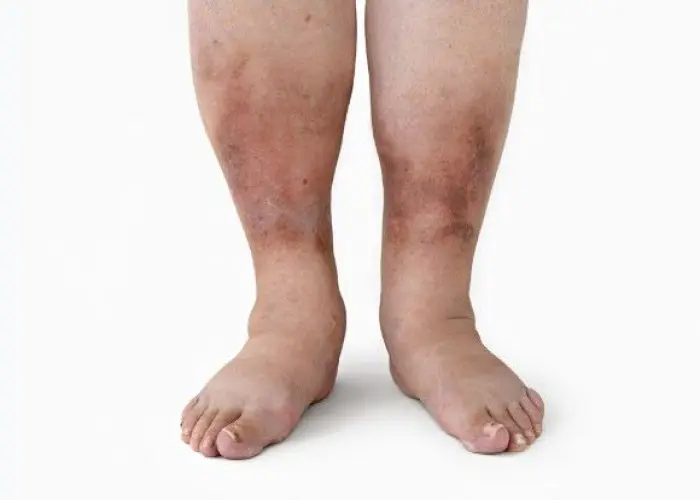
Diabetic nephropathy

Bipolar disorder

Bulimia nervosa

Deep vein thrombosis (DVT)

POEMS syndrome
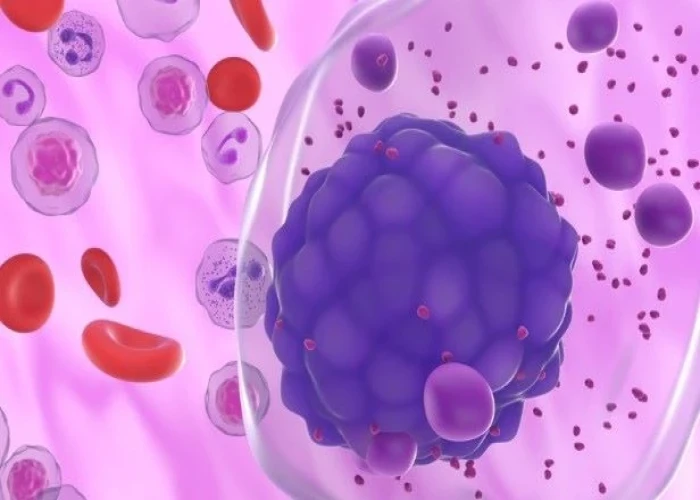
Multiple myeloma
dashimoto's disease, হাশিমোটোর রোগ, , হাশিমোটোর ডিজিজ
To be happy, beautiful, healthy, wealthy, hale and long-lived stay with DM3S.
